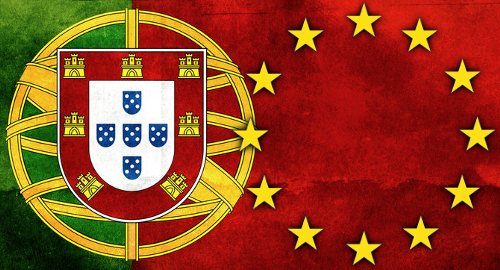 After months of delay, Portugal has finally sent its new online poker liquidity sharing technical standards to the European Commission for approval.
After months of delay, Portugal has finally sent its new online poker liquidity sharing technical standards to the European Commission for approval.
Last November, Portugal welcomed the first online poker site (Amaya Gaming’s PokerStars) under the country’s new online gambling licensing regime, but it wasn’t until this Tuesday that Portugal finalized its plans to allow online poker sites to share liquidity with sites in other European Union regulated markets.
The new technical specs, crafted by national gaming regulator Serviço Regulação e Inspeção de Jogos do Turismo de Portugal (SRIJ) and obtained by Portugual’s National Association of Online Gamblers (Anaon), were sent to the European Commission for approval on Tuesday, nine months after the first draft of these regs was initially published.
The SRIJ’s Requirements for the Technical System of Online Game with Shared Liquidity has undergone some minor tweaks since its original publication and consultation with stakeholders. Among these tweaks is the possibility of sharing liquidity not just among EU-licensed operators, but also with operators in markets in which SRIJ “can verify that the technical conditions that allow the fulfilment of the objectives of the regulation are fulfilled.”
Portugal’s latest draft must now undergo a standstill period for three to four months while the EC considers whether the document meets its standards for cross-border harmony, meaning it will be April 4 at the earliest that Portuguese-licensed online poker sites will be eligible to welcome players from other markets that meet the SRIJ’s criteria.
The SRIJ’s submission marks the latest step in a long, torturously slow journey toward EU cross-border poker traffic. Regulators in markets such as the UK, France, Italy and Spain have vowed to solidify some type of liquidity sharing arrangement this year, while Playtech’s iPoker Network recently jumped the gun by permitting skins in Finland and Austria to launch a joint poker network to facilitate cross-border heads-up play.